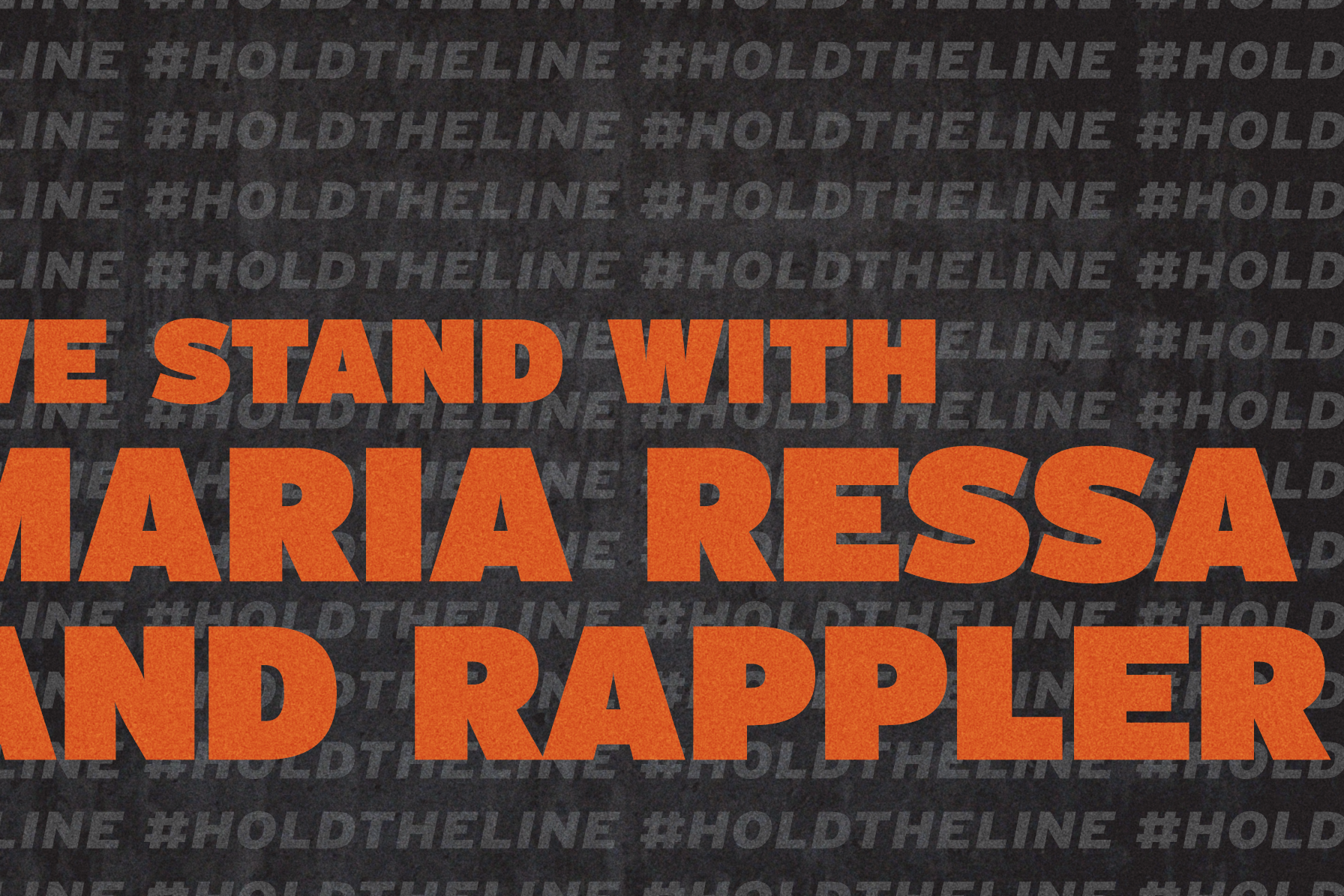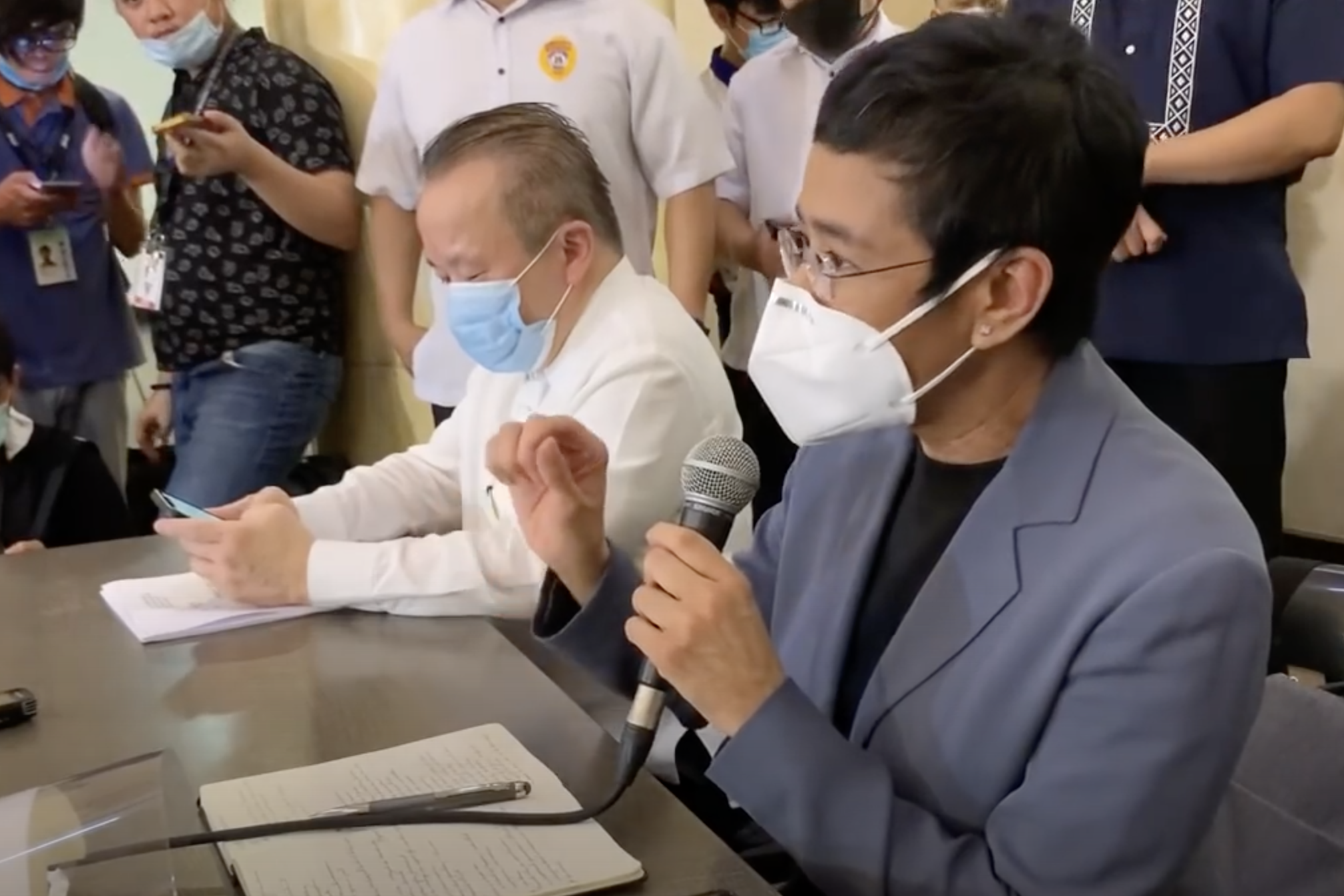The ongoing repression of independent media in the Philippines is proving disastrous at a time when trusted and timely news is needed more than ever.
Since the national broadcasting network, ABS-CBN, was ordered off-air on 5 May, it continued to provide millions of Filipinos with news at a local and regional level via its cable and online services. But with a significant loss in advertising revenue, for every month it remained off-air, ABS-CBN has now been forced to implement strict cost-cutting measures.
Among these cuts were 12 local editions of ABS-CBN’s news and current affairs programme, ’TV Patrol’, which offered a vital and trusted source of regional news, especially for those living in more remote parts of the country. Their last broadcast was on 28 August.
Read more: Filipinos lose source of local news as regional “TV Patrol” newscasts bid goodbye (ABS-CBN)
According to ABS-CBN news, “The closure of 53 regional television and radio stations that broadcast in six languages will deprive millions of Filipinos of their main source of local news and entertainment.” Those living outside of Metro Manila will be particularly affected. It went on to emphasise its public service role:
“For decades, ABS-CBN’s regional network has played a vital role in broadcasting information on natural disasters, such as typhoons, and health crises — including the coronavirus pandemic — to isolated communities that have little or no internet access.”
Now, with the non-renewal of its 25-year licence, ABS-CBN has had to commit to carrying out a retrenchment programme. Rappler reports that hundreds of ABS-CBN workers have already been laid off. Meanwhile, The Manila Times reported that, from 1 September, over 4000 workers were laid off – a combination of programme and project staff and ‘direct hire contractuals’.
Unsurprisingly, the future for ABS-CBN looks bleak. The latest hit came earlier this month when the National Telecommunications Commission (NTC) recalled the broadcaster’s frequencies, which the media regulator described as “warranted” given that the broadcaster does not have an existing franchise license. Last month, the Supreme Court also denied the petition that questioned the NTC’s ‘cease-and-desist’ order, calling it “moot”.
Meanwhile, Maria Ressa, journalist, editor and founder of online news service Rappler, appeared at the Court of Tax Appeals on Monday. Four out of the outstanding eleven court cases and complaints facing Ressa, Rappler Holdings Corporations and Rappler staff are related to tax violations; others include libel and administrative misconducts. The cases are considered as a further attempt to silence critical voices in the country.
Last week, the European Parliament called on the Philippine government to drop all charges facing Ressa and Rappler colleagues. In extending their support, lawmakers called on the Duterte administration to renew ABS-CBN’s franchise license and to ensure that journalists “can carry out their work in an enabling environment and without fear of reprisals.”
What can you do?
The hostility towards critical reporting and truth-seeking is an increasingly worrying trend in the Philippines, one that is already having major repercussions on media freedom and democracy.
The Public Media Alliance has joined over 70 other international organisations in showing support for the #HoldTheLine campaign launched by the Committee to Protect Journalists (CPJ), The International Center for Journalists (ICFJ) and Reporters without Borders (RSF) to support Maria Ressa, Rappler and all independent media organisations that are currently under attack in the Philippines. Find out more.
Header image: Hand with microphone tied with rope, depicting the idea of freedom of the press, idea of the repression of the mass media or freedom of expression. Credit: natasaadzic/iStock
Related Posts
18th August 2020
Press freedom and independent media remain under threat in the Philippines
Ongoing charges against Maria Ressa and…
9th July 2020
#HoldTheLine campaign launched in support of Maria Ressa and independent media in the Philippines
Sixty press freedom groups and civil…
15th June 2020
Conviction of Maria Ressa is a further attack on press freedom in the Philippines
The Public Media Alliance condemns the…


